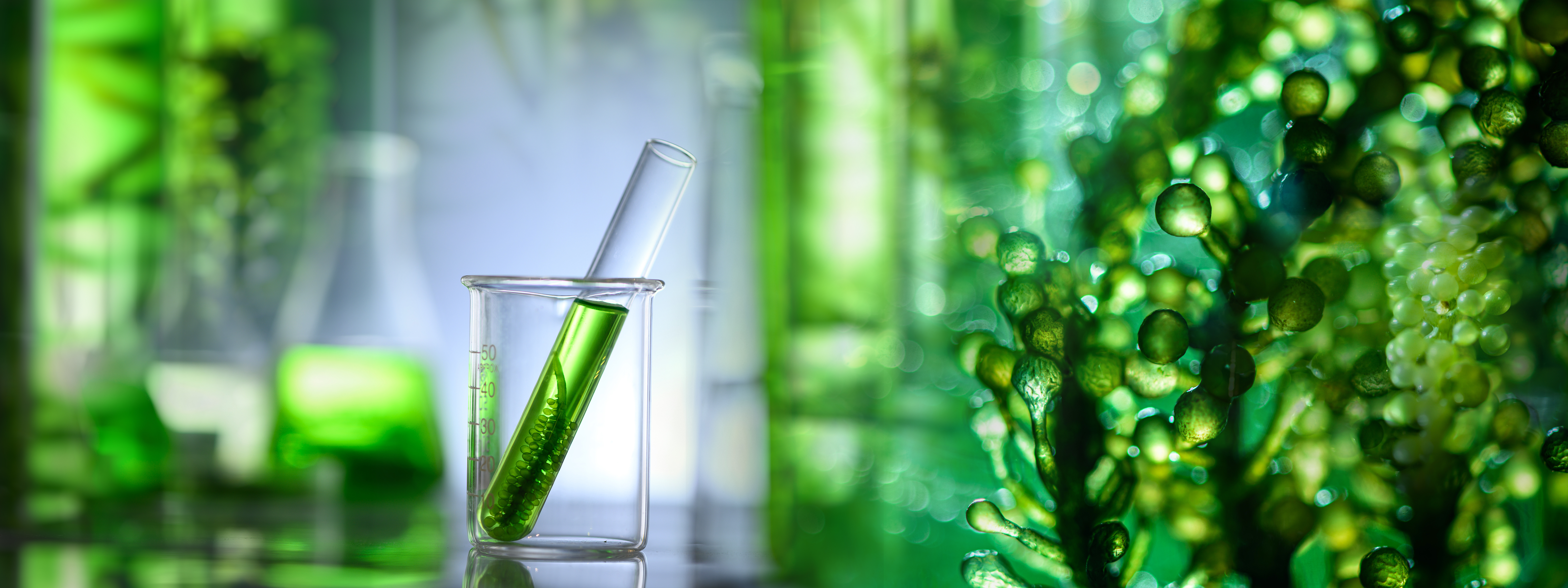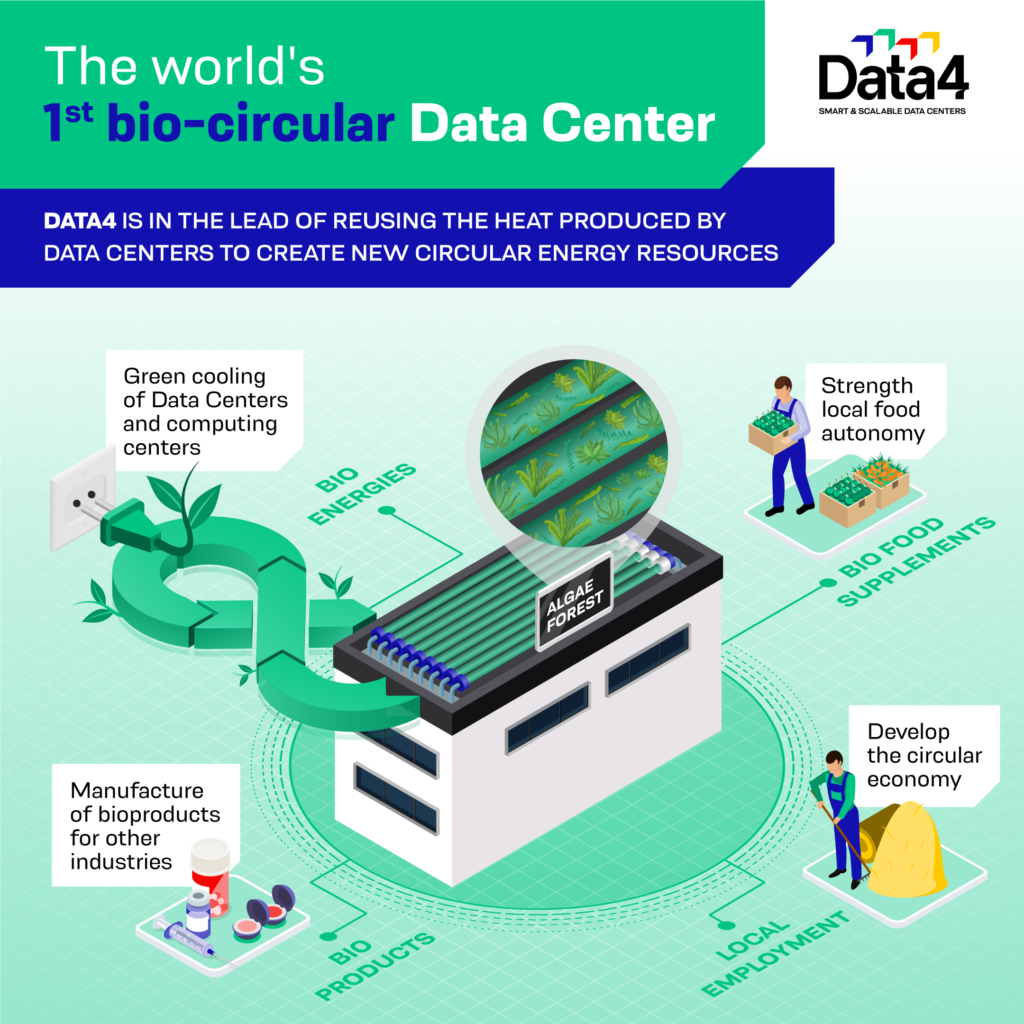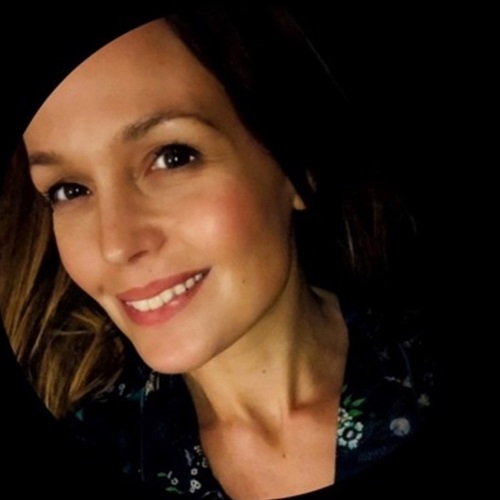
The Data4 group, a French operator and investor in the data centre market, and the University of Paris-Saclay, Europe’s leading university and one of the top 20 in the Shanghai rankings, started apartnership to launch a prototyping experiment to reuse some of the heat produced by data centres. This is project is the first-of-its-kind and was launched beginning of 2024 in Essonne (Paris-Region).
Spearheaded by the Conseil Départemental de l’Essonne, which created the ABIOMAS Innovation Chair within the University, and the Fondation Université Paris-Saclay, the project will be run by a multi-disciplinary, multi-skilled team (biomass specialists, digital, AI, physics/chemistry, etc.), digital, AI, physics/chemistry, economics, etc.) bringing together experts from Centrale-Supélec, AgroParisTech, INRAE, the ICMMO Laboratory at the University of Paris-Saclay, the Blue Planet Ecosystems start-up and the Data4 teams at the group’s Marcoussis site in the Essonne region. Thanks to its strong links with the Communauté d’Agglomération Paris Saclay, it aims to have a positive impact on the Essonne region and to extend to other areas.
Using some of the captured CO2 to grow algae
Faced with the exponential growth of digital technology and the amount of data stored in data centres (+35% / year worldwide), the environmental efforts of players in the sector must be equal to the challenge.
This new R&D project is a response to the strategic challenge of reusing the heat produced by data centres. To prevent this heat from being lost, a number of reuse options are currently being studied, including the most widespread option of heating nearby homes. However, this solution only exploits 20% of the heat produced.
This is why Data4 is looking at new ways of reusing this heat, such as reproducing a natural photosynthesis mechanism by using some of the captured CO2 to grow algae, recycling it as biomass to develop new sources of circular energy and reusing it in the manufacture of bioproducts for other industries (cosmetics, agri-food, etc.).
“Thanks to a feasibility study carried out with the start-up Blue Planet Ecosystems, as part of the ABIOMAS chair supported by the Fondation Université Paris-Saclay, we have been able to calculate the efficiency of this carbon capture, which can be 20 times greater than that of a tree (for an equivalent surface area)”, explains Patrick Duvaut, Vice-President of the Université Paris-Saclay and President of the Fondation Paris-Saclay.
“This augmented biomass project meets two of the major challenges of our time: food security and the energy transition. It requires close collaboration between all the players in the Essonne region, including Data4, to develop a genuine industrial ecology project aimed at pooling resources and reducing consumption in the region. Thanks to this partnership with the Fondation Université Paris Saclay, we have the opportunity to draw on one of the most prestigious scientific communities in the world, with a common objective of a circular energy economy”, adds Linda Lescuyer, Innovation Manager, Data4.


